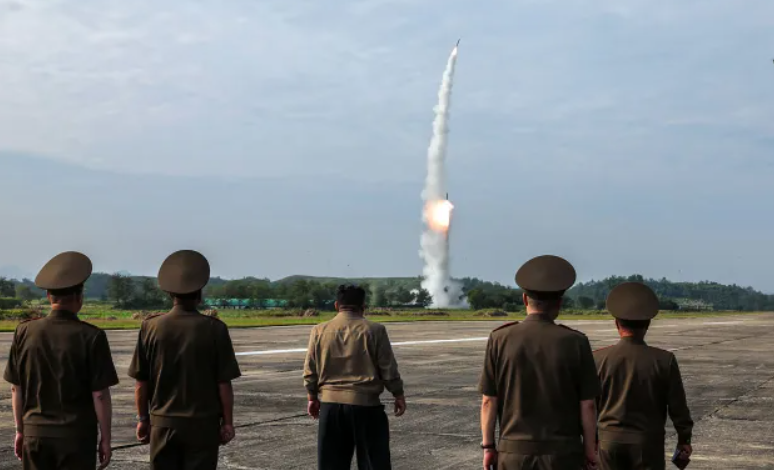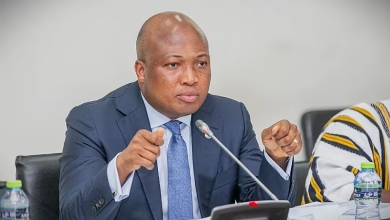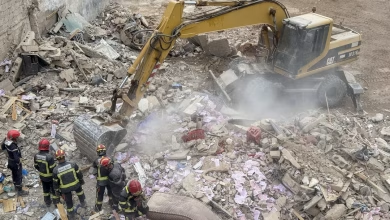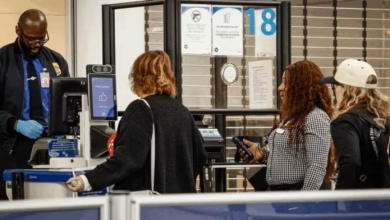North Korea Conducts Ballistic Missile Test with Powerful Warhead

- Kim Jong Un and Putin signed a mutual defense agreement last year.
- South Korea confirmed missiles landed in North Korea's northeastern region.
- North Korea usually tests missiles off its east coast.
North Korean leader Kim Jong Un has supervised successful tests of two tactical ballistic missiles, including one equipped with a “super-large conventional warhead” and an “improved” cruise missile, as reported by state media. The tests were conducted in response to the “grave threat” posed by external forces to North Korea’s security, according to KCNA.
The tests involved Hwasongpho-11-Da-4.5 missiles equipped with a 4.5-tonne super-large conventional warhead, as reported by KCNA. North Korea had previously announced tests for this weapon in July. Kim emphasized the importance of strengthening the nuclear force and enhancing both military technical capabilities and conventional offensive power. South Korea’s military and various analysts suggest North Korea may be testing weapons for potential export to Russia. Despite being under significant international sanctions for its weapons program, Pyongyang has denied trading with Russia while strengthening military ties with Moscow.
Last year, Kim Jong Un met with President Vladimir Putin in Russia’s eastern region, and in June, Putin visited Pyongyang, where the two leaders signed a mutual defense agreement. Recently, Russian security chief Sergei Shoigu was also in Pyongyang for discussions.
State media KCNA released photos showing Kim overseeing the latest missile tests, including one where a missile successfully struck a ground target. On Thursday, South Korea’s military reported that the ballistic and cruise missiles launched by North Korea the previous day had landed in the mountainous northeastern region of the country.
North Korea usually conducts its missile tests off its east coast, with the projectiles landing in the sea. However, this recent development signals a potential shift in their testing patterns and highlights the ongoing military collaboration between North Korea and Russia.






